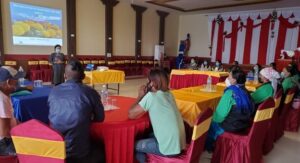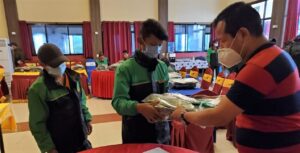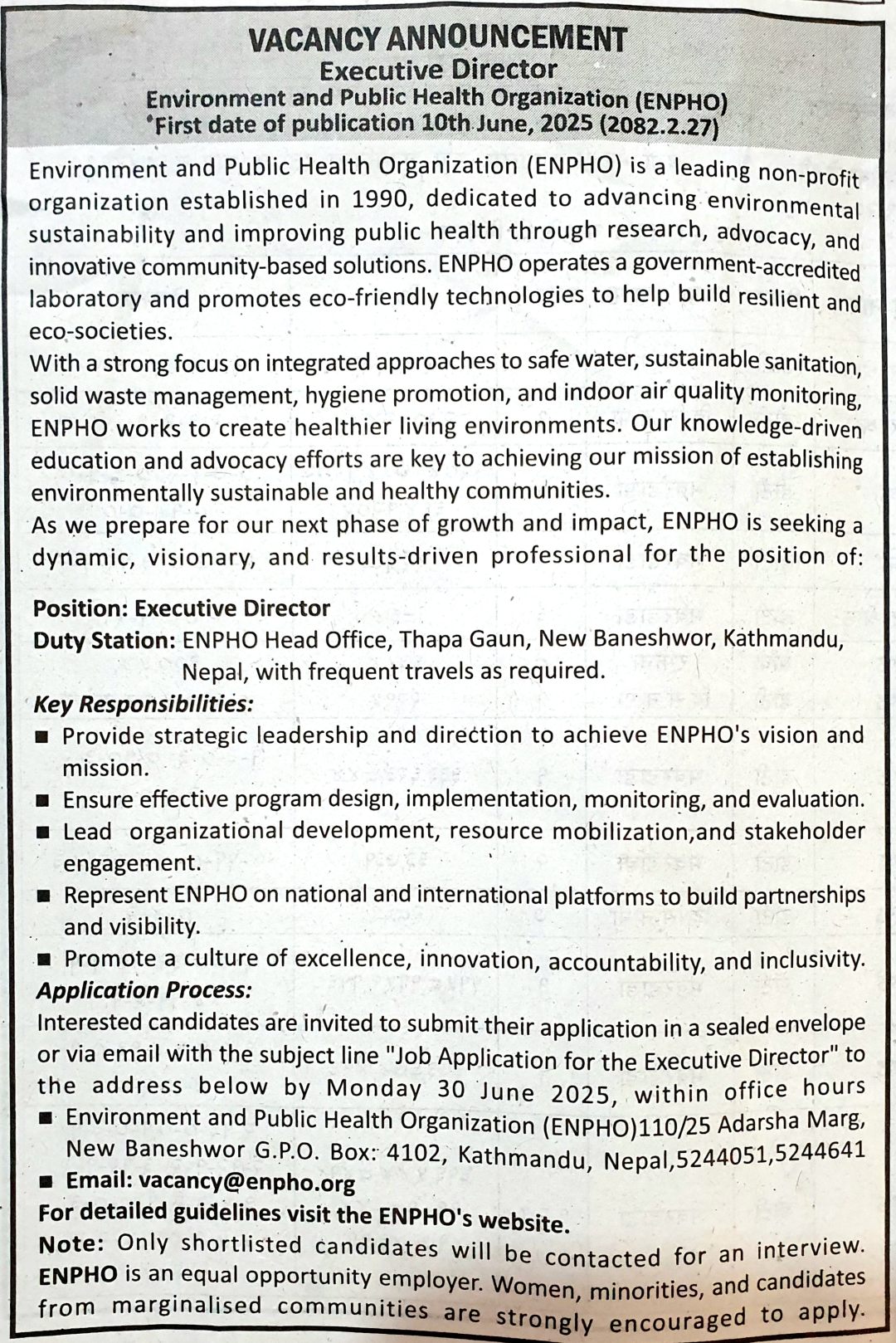Orientation Programs on the Importance of Occupational Health Safety (OHS)
ENPHO with the support of Bill and Melinda Gates Foundation (BMGF) and in coordination with Mahalaxmi Municipality under the ‘Pilot Implementation of FSM standards in Nepal- Mahalaxmi Municipality’ project has successfully conducted the series of orientation programs on ‘Importance of Occupational Health Safety (OHS)’ on 15th, 16th and 20th July, 2021 at A-One Banquet, Shankhmul, Kathmandu. The orientation was organized for the people who are working as sanitation workers for faecal sludge management (FSM) and waste management. The main objective of the orientation was to enhance the knowledge, skill and attitude of participants on Occupational Health Safety for safe and healthy life by motivating them to apply sustainable hygienic behaviors.

The orientation sessions provided general information on COVID-19: route of transmission and preventive measures. The sessions also helped participants identify potential contamination spots in different working sectors and find out preventive measures while providing services. With this, the session shared knowledge on proper use of PPE and its disinfection techniques linking in with Pre, During and Post WASH behaviors.
After the completion of presentation sessions, participants shared that the contents very useful and relevant during this pandemic situation. They had shown high level of interest in orientation facilitation and participated with great energy and enthusiasm. During the closing remarks, they thanked the organizer and committed for the new hygienic behaviors as an achievement of the orientation.
“I never used to wash my hand before putting on my mask. After participating in this orientation, I have learnt a lot about importance of Pre, During and Post WASH behaviors. I will regularly practice the learnings shared in this orientation to be prevented from COVID-19”, Ms. Harimaya Tamang, Srijanshil Pvt. Ltd.
Mr. Rohan Tamang after watching the video on the World Emptying Challenge (WEC) 2021, shared, “From now onwards, we will definitely include these learnings and change our WASH behavior. And in next FSM conference, we will also send our video for the competition”.
Realizing the important of making required materials available for behavior change, the set of basic Personal Protective Equipment (PPE) were provided to participants for the prompt adaptation of hygiene behaviors during sanitation service delivery.

Altogether, there were 119 sanitation workers (101 male and 18 female) as participants in the orientations from Kathmandu valley.






